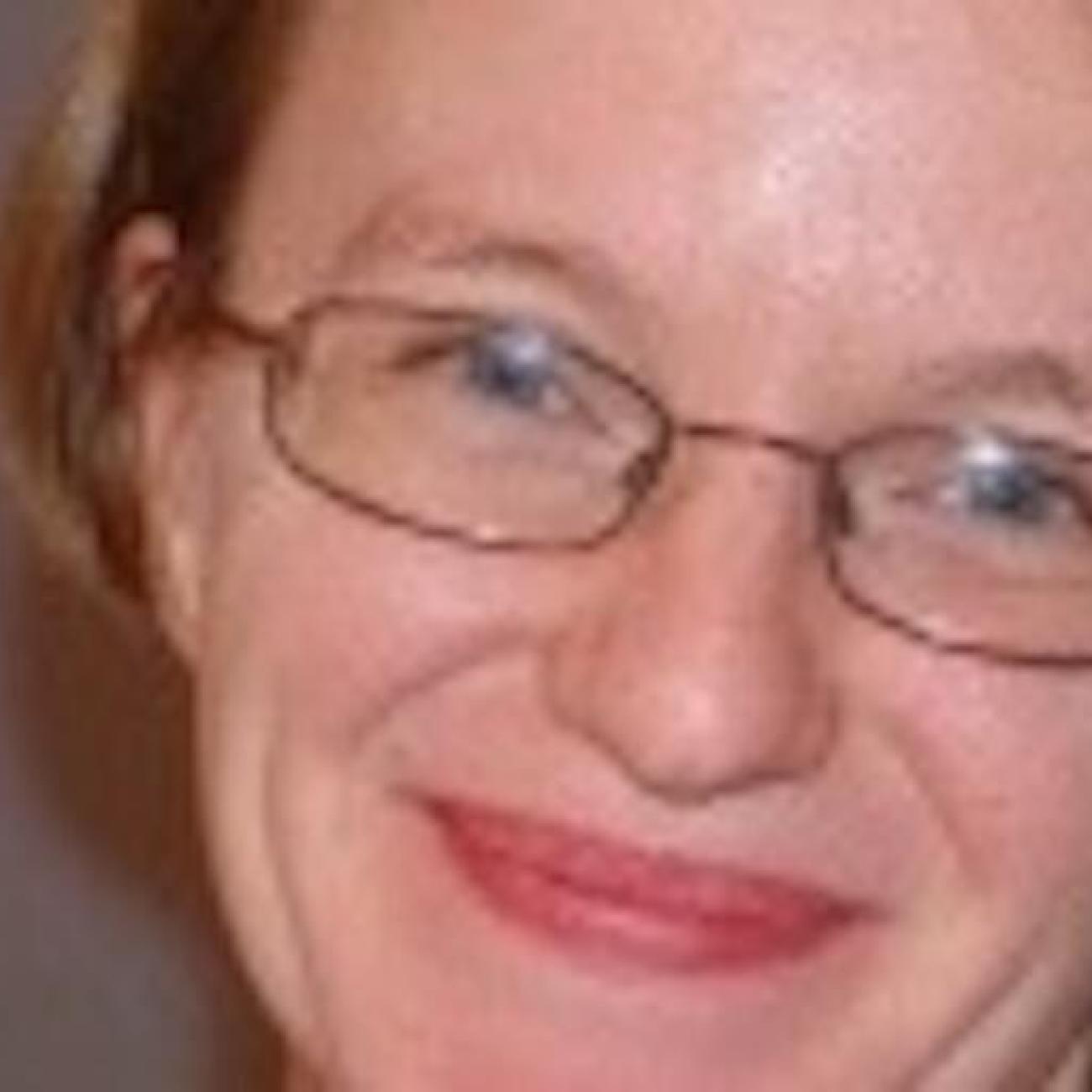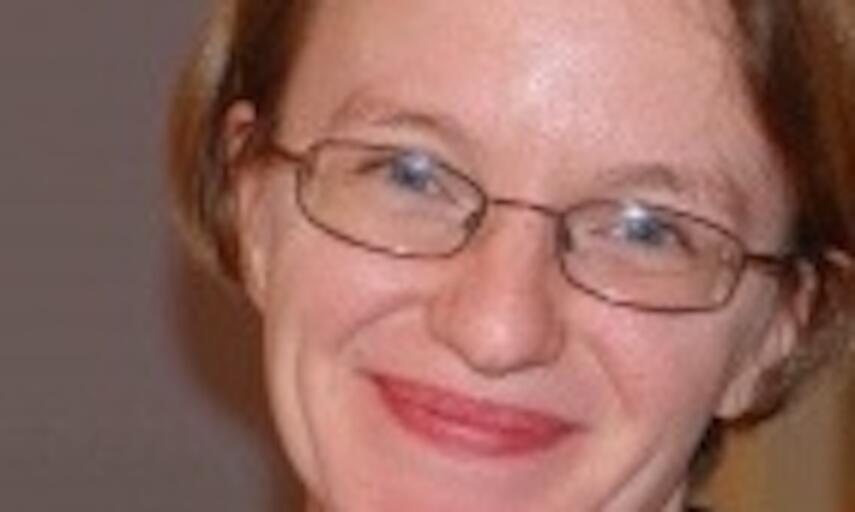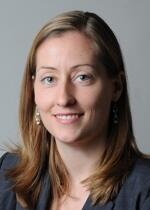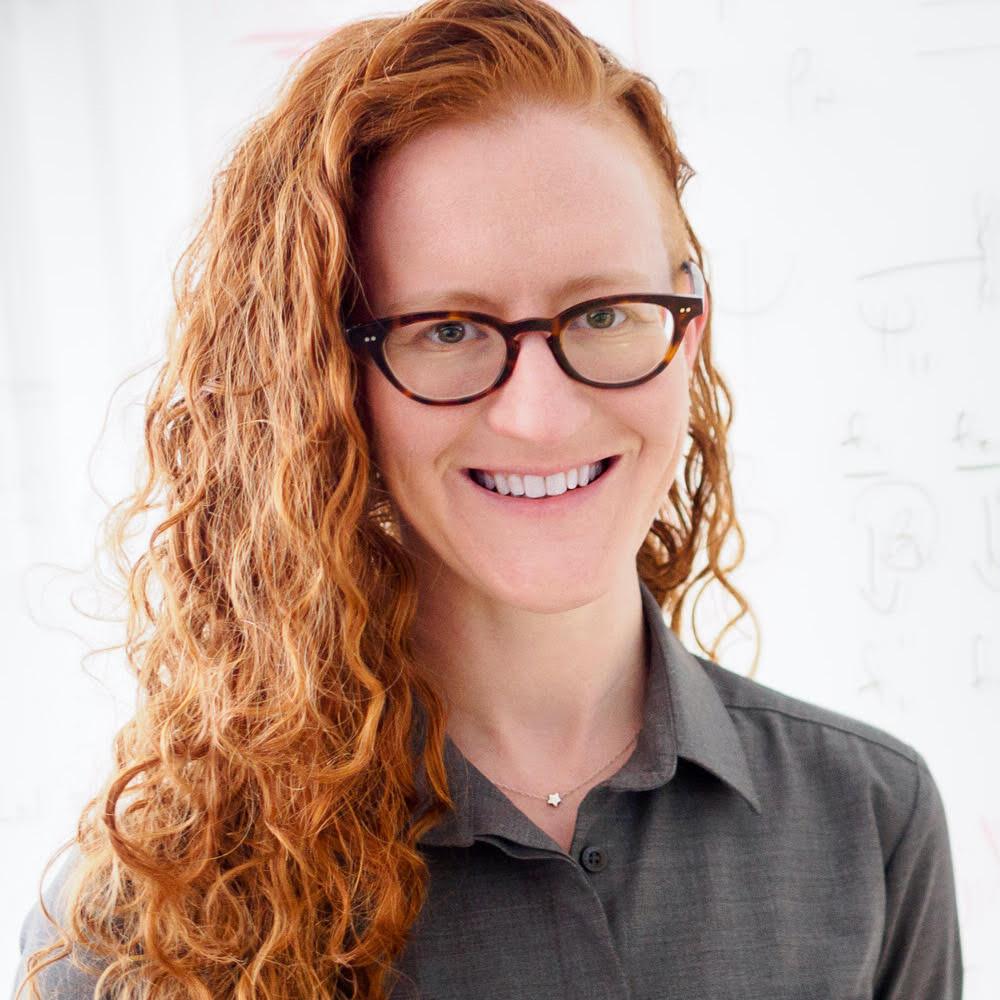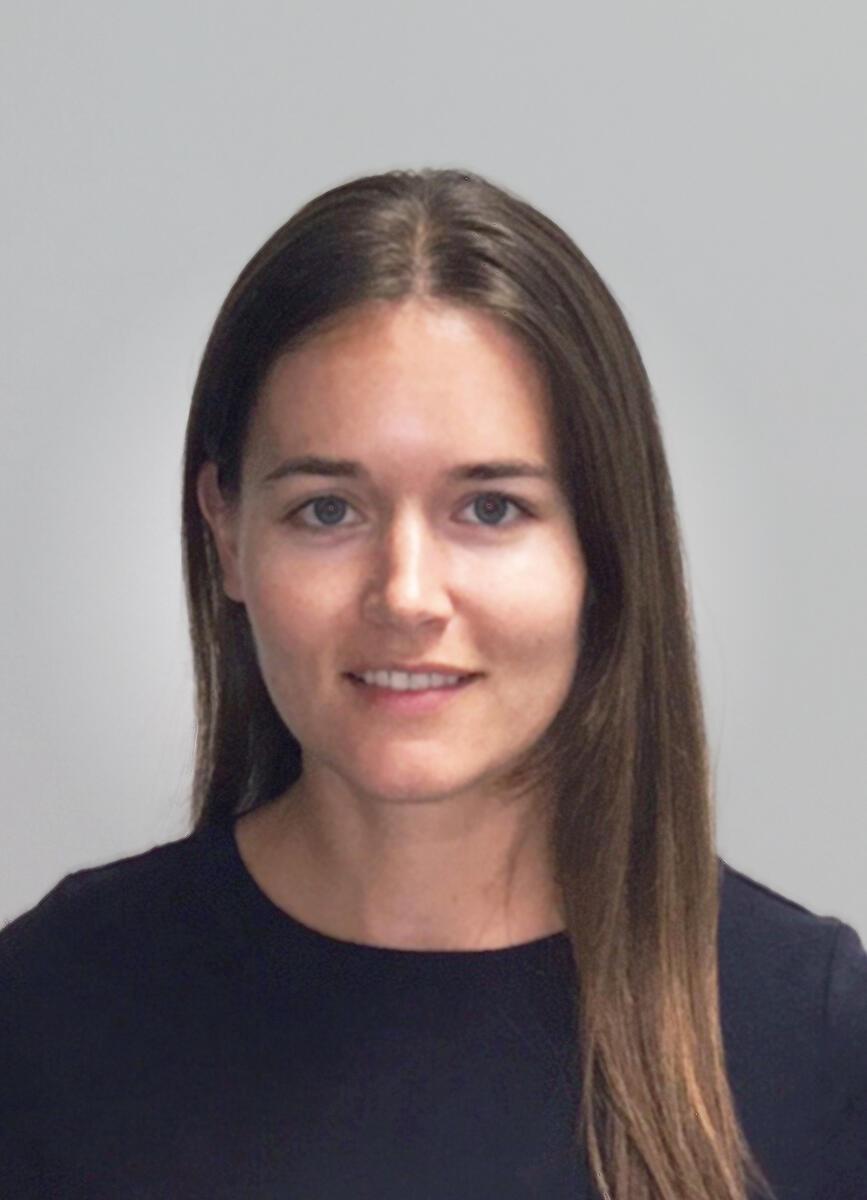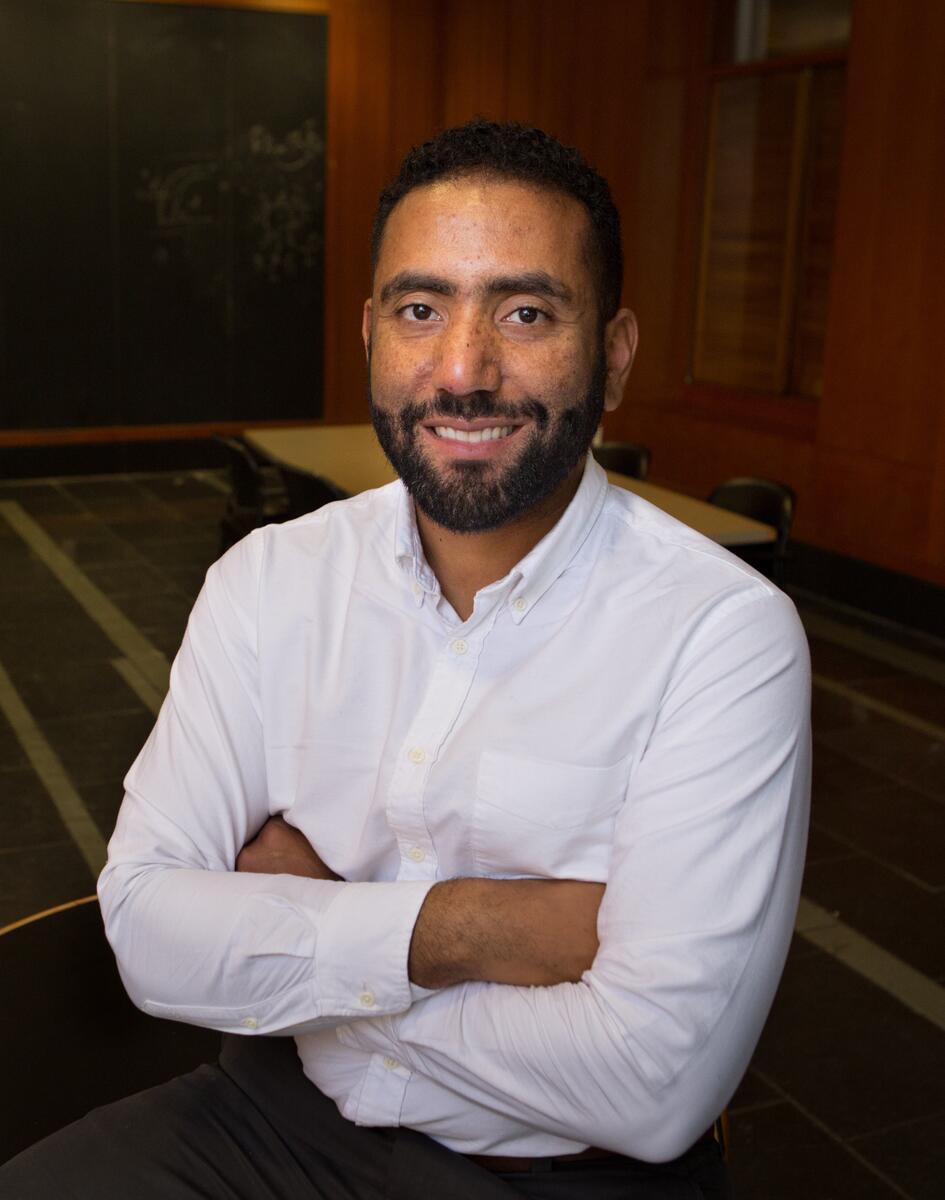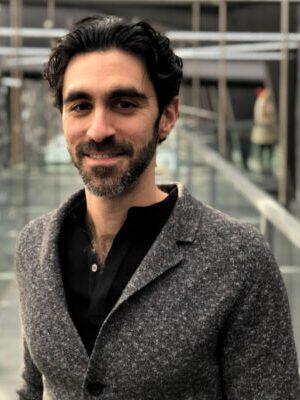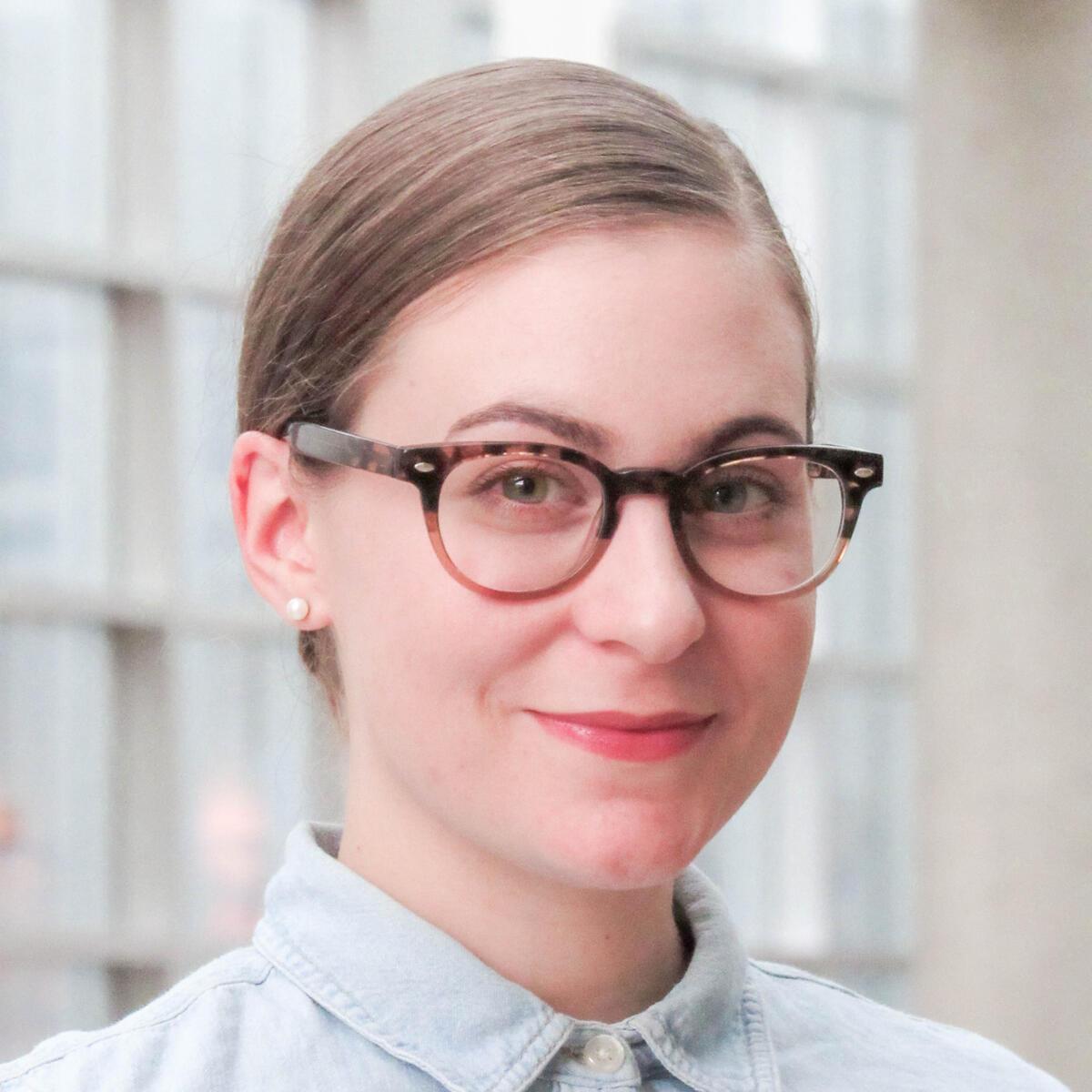Nine faculty members from UC Berkeley Division of Computing, Data Science, and Society (CDSS) affiliates will conduct groundbreaking biomedical research as part of the second Chan Zuckerberg Biohub Investigators cohort that was recently announced.
The researchers will use computing and data science to address intractable challenges in health and medicine, for example, identifying disease-causing gene variants and predicting patient outcomes. They join 21 Berkeley and 66 UC San Francisco and Stanford University faculty in the cohort starting March 1. Each will receive $1 million over five years to fund their work.
“When we think about the science, we're thinking, ‘Oh, wow, this really cool technology that can measure cells, how can we apply it to huge cohorts of people to improve our understanding?’ Those are obviously very important. But you do see, in a number of ways, there are really bottlenecks,” said Elizabeth Purdom, an associate professor in the Department of Statistics. The fact that there were many awards given to affiliates of CDSS “recognizes that what seems like this dry part of the process – having the right kind of analysis tools and to the scale at which the data is being created – is really critical for moving science forward.”
The nine researchers hold positions in division affiliates including the Department of Electrical Engineering and Computer Sciences (EECS), the Center for Computational Biology (CCB) and the Department of Statistics. Another is working with the division and the Bakar Computational Health Sciences Institute at UCSF on a new joint initiative in computational precision health, which aims to advance the nascent field and improve healthcare quality and equity.
The Biohub is a regional research effort by the Chan Zuckerberg Initiative funding work that will increase what is known about disease and create technologies that can diagnose and cure it. It also offers opportunities for the researchers to meet, learn from and work with each other.
“It's been a fantastic place to find collaborators, and it’s a great place to see what's going on in biology and areas outside of my own,” said Laura Waller, an EECS associate professor, who was in the first Biohub cohort and will also be a part of the latest group. “I do think that's a really big part of what makes Biohub successful.”
Advancing Research
The Biohub investigators are taking their research in a wide range of directions. Some researchers, like Liana Lareau, are harnessing computing to probe existing datasets in new ways for new discoveries.
Lareau, a CCB Principal Investigator, one of the new Biohub investigators and an assistant professor in the Department of Bioengineering, wants to create and use machine learning models that specify the right amount of proteins to treat certain diseases. That information could be used to design messenger RNA for therapeutics.
CCB Principal Investigator and EECS Assistant Professor Nilah Ioannidis will harness deep learning to identify genetic variants that cause disease, adapting these models to interpret personal genomes and investigating their transferability across different ancestral backgrounds.
Other faculty are creating tools that collect or enable the collection of new, more detailed data for biologists and others.
For example, Waller is building inexpensive microscopes with imaging hardware and software that can reconstruct – in 3D, quickly and in high resolution – large volumes of images. These improvements could create opportunities for new live-sample studies that advance disease detection and understanding and increase access, generally, to high quality microscopes.
And Aaron Streets, a principal investigator for CCB and a member of both Biohub cohorts, is developing a platform that simultaneously gathers many different genomic measurements from single cells, aiming ultimately to increase the available data for mapping the kinds of cells in the human body.
“The more that we understand about all the cells in the human body, the more that we can identify what's going wrong in disease and engineer solutions, cellular therapies, molecular therapies to address those issues,” said Streets, an assistant professor in the Department of Bioengineering.
One thing this research has in common: the potential to open new and more accurate ways of understanding disease, predicting and diagnosing health outcomes and treating patients. Consider Purdom's work. She is focused on developing statistical methods that analyze the single-cell profiles of patients, consisting of molecular measurements of their individual cells, and connect the profiles to patients’ health outcomes.
Ziad Obermeyer, the School of Public Health’s Blue Cross of California Distinguished Associate Professor of Health and Policy, is joining electronic health records to other data to reflect the healthcare life cycle of doctors’ treatments and patients’ outcomes. He’s training algorithms to learn from those efforts, which could result in a more accurate reflection of which interventions work.
“It requires a certain multidisciplinary perspective, which I think is what CDSS is doing, bridging lots of different skill sets,” said Obermeyer.
“Everyone's trying to figure out how to apply artificial intelligence and data science to healthcare. And yet, if you look around, the way you interact with your doctor is very similar to the way it was 10, 20 or 30 years ago,” said Obermeyer, who is trained as an emergency room doctor and is working with CDSS to launch its computational precision health program. “It's been very, very hard for people to train algorithms that actually work the way they're supposed to work.”
“It requires a certain multidisciplinary perspective,” Obermeyer said. “Which I think is what CDSS is doing, bridging lots of different skill sets.”
Other investigators from CDSS affiliates also include Sarah Chasins, an EECS assistant professor; Daniel Fletcher, the Department of Bioengineering's Purnendu Chatterjee Chair in Engineering Biological Systems and a CCB principal investigator; and Daniel Rokhsar, a professor in the Physics Department and a CCB principal investigator.

